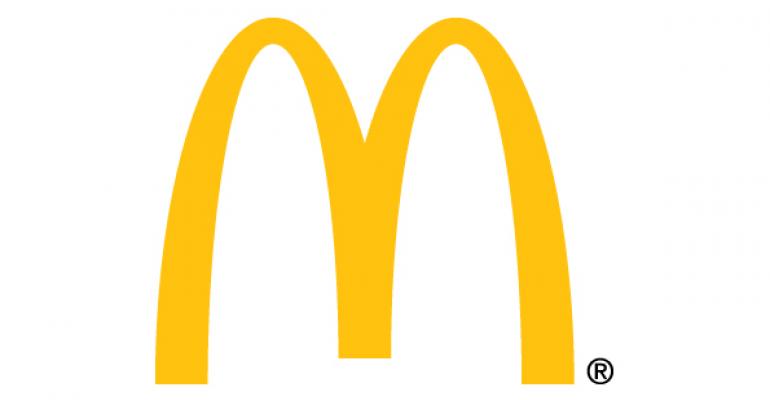When McDonald’s Corp. said Wednesday it would increase wages by at least $1 an hour for workers at company-owned restaurants, it addressed a growing reality in the restaurant business: Wages are rising.
Pressure to raise wages from outside groups, as well as increasing minimum wage rates in many states, have put more pressure on McDonald’s and other restaurant chains to raise pay.
While Congress seems incapable of passing an increase of the federal minimum wage, competition for labor might well do the job instead. Unemployment continues to fall, with employers adding nearly 300,000 jobs in February.
Restaurants are adding jobs at an even faster clip. The industry added 58,700 jobs in February, a growth rate of 4.3 percent. That was well above total employment growth of 2.4 percent. What’s more, restaurants added 150,000 jobs from December through February, which, if it holds, would be the strongest three-month period for job gains in recorded history.
Major retailers have already started raising wages. In February, Walmart said it would ultimately raise its starting pay to $10 an hour next year. Other retailers, such as Target, have followed suit.
The environment has created an air of inevitability around McDonald’s plan to increase wages to $1 an hour over the state minimum at its company-owned locations, starting in July.
“When Walmart moved, you knew McDonald’s would have to move shortly thereafter,” said John Gordon, a San Diego-based restaurant consultant.
McDonald’s owns about 1,500 of its 14,000 domestic locations. Gordon estimates that the higher wages would cost McDonald’s about $52,000 per unit — or about $78 million a year, companywide.
Brian Vaccaro, analyst at Raymond James, estimated that the higher wages, as well as the paid time off to part-time workers, would have as much as a 400-basis-point impact on margins at McDonald’s company units.
Vaccaro said pay hikes could lead to improved execution, service and sales over time, but noted that, “It will be important for the company’s franchise system to follow the company’s lead for these changes to have an impact on a systemwide scale.”
Operators might not have a choice. Many of McDonald’s locations are comingled in markets with franchise units, meaning their employees could conceivably jump from a franchise location to a company unit if the pay is higher, Gordon said. They could also go to Walmart, Target or another retailer that pays more.
Even so, in an environment in which employment is growing, wages ultimately start creeping up. Douglas Benn, chief financial officer at The Cheesecake Factory Inc., said during his company’s recent conference call that wage inflation was typically 3 percent to 4 percent during high-growth years.
“Our wage rate increases are a reality, not just for us, but soon to be across the industry,” Benn said.
McDonald’s announcement came as the company is fending off an effort by the National Labor Relations Board to classify the franchisor as a “joint employer” of workers at its franchisee locations. Indeed, the announcement was careful to note that neither the higher pay nor the paid time off affects those workers.
The NLRB action could keep many of McDonald’s primary competitors, such as Burger King Corp., from responding with announcements of their own. Many quick-service restaurant chains are largely franchisee-owned and have few if any company units to speak of.
A spokesman for The Wendy’s Co., which owns 1,400 of the 6,500 restaurants in its system, could not discuss McDonald’s move, but said Wendy’s would routinely review its restaurant employee compensation to ensure that it is competitive.
While McDonald’s will raise its workers’ pay, the announcement won’t dampen efforts by union-backed activist groups fighting to raise wages at quick-service restaurant chains to $15 an hour. Those groups are expected to stage a protest on April 15.
Activists said McDonald’s increase was not big enough — especially given that the pay raises won’t affect franchisees.
“This barely affects 5 percent of McDonald’s workers,” said Kendall Fells, organizing director of Fast Food Forward, one of the activist groups, backed by the Service Employees International Union, which is pushing for higher wages. He spoke during a conference call Wednesday following McDonald’s announcement.
“It’s clear that McDonald’s is doing this in reaction to protests and strikes over the past two and a half years,” he said. “It’s still not enough. We need $15, and we need the ability to form a union.”
“It’s a publicity stunt,” Kwanza Brooks, a 38-year-old employee of a McDonald’s corporate unit in Charlotte, said during the conference call. “That stunt will not pay my gas bill for the month. It will not get my landlord off my back.”
Contact Jonathan Maze at [email protected].
Follow him on Twitter: @jonathanmaze





